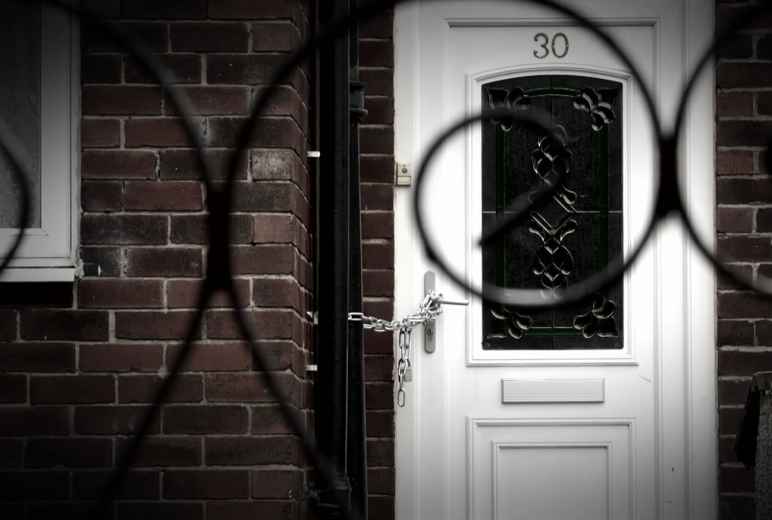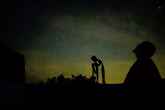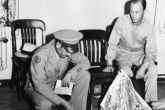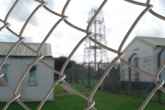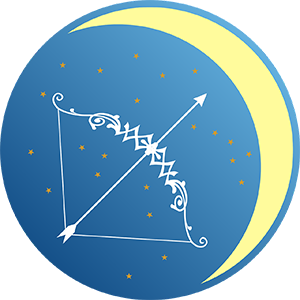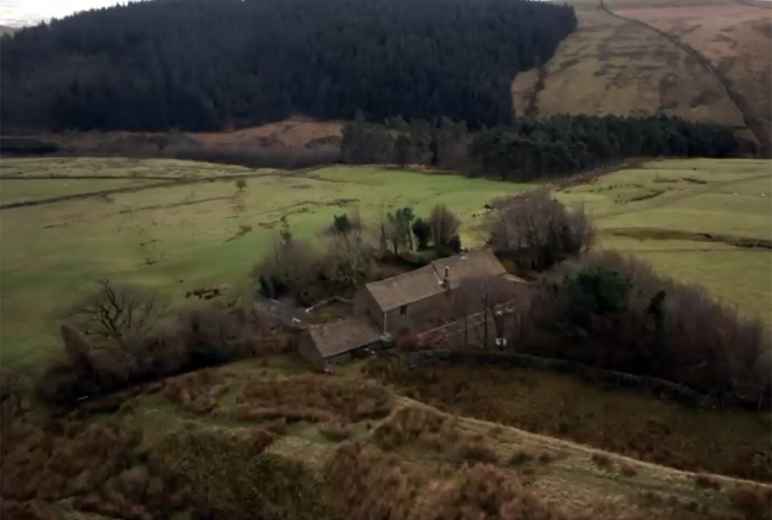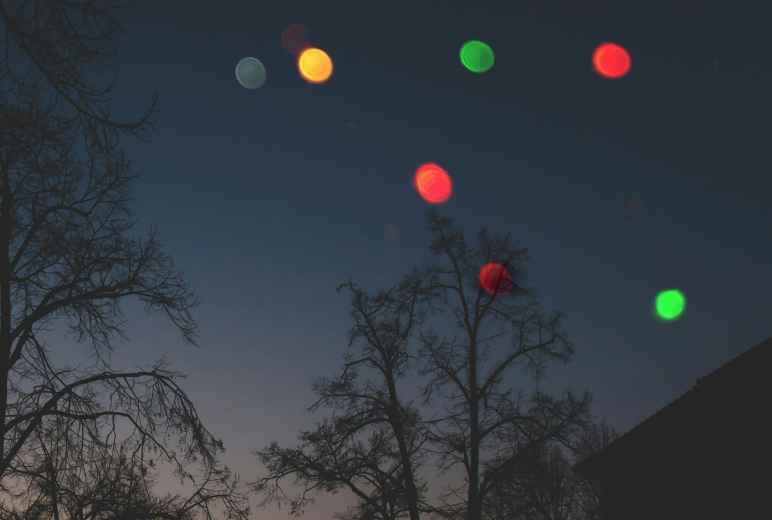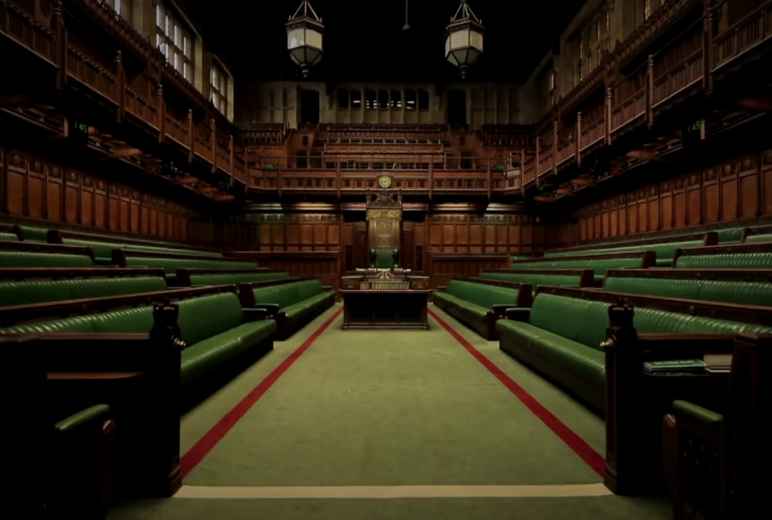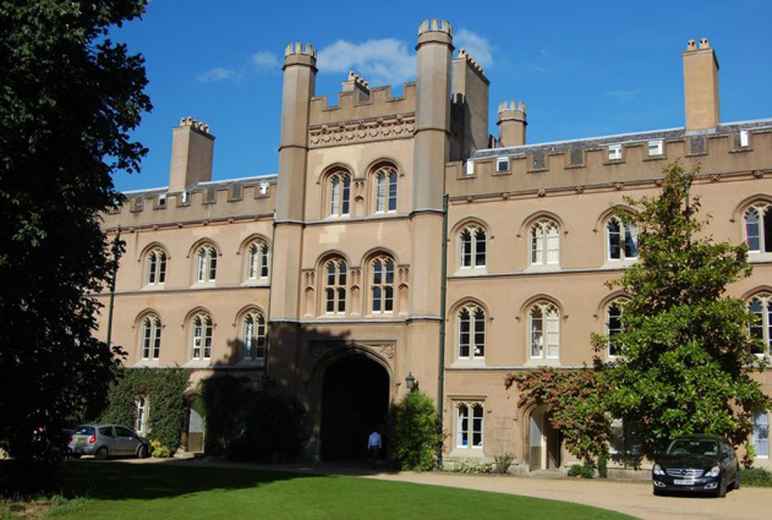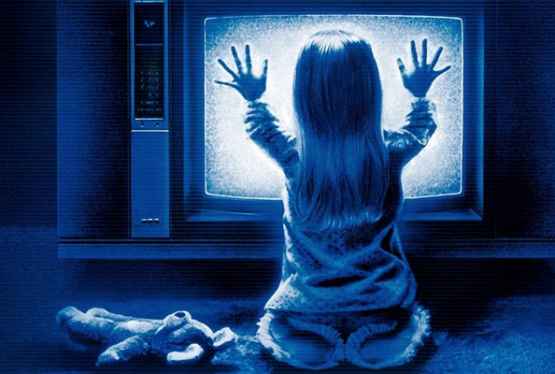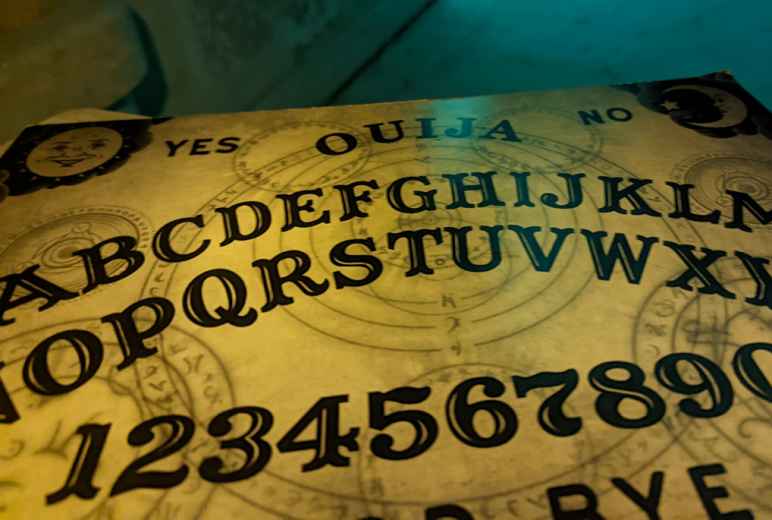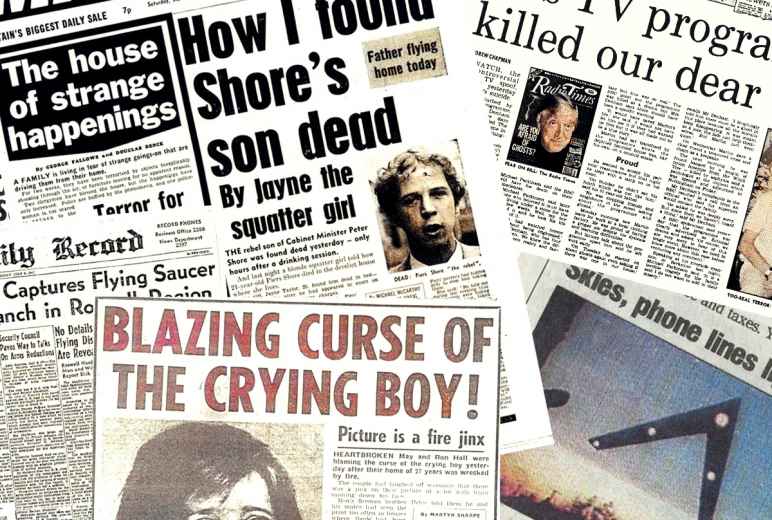The Mandela Effect Explained By Barry Dodds
March 29, 2017 7:56 AM ‐ The ParaPod
This article is more than seven years old and was last updated in August 2018.
The Mandela Effect is a term coined to represent a common, collective false memory, something that large numbers of people incorrectly recall such as movie quotes, events or even the date of a South African president's death.
In the final episode in this series of The ParaPod, Barry Dodds tries to convince us that The Mandela Effect is part of a global conspiracy perpetrated by evil scientists and their thoughtless experiments.
Barry tells us how this whole story started in 2010, "this lass called Fiona Broome, she was like chatting to some pals or something about Nelson Mandela, about how he died in prison in the 80s," this of course despite the fact that Mandela didn't die until 2013.
Surprisingly, some of her friends agreed with her, according to Barry they said "oh yeah, do you remember the funeral on the telly?" and "yeah, and there were some riots as well."
Then Fiona Broome, a self-proclaimed paranormal consultant, discovered that Nelson was still alive at that time and that she and her friends were all experiencing false memories.
Barry went on to prove that we're all susceptible to this by asking Ian a series of questions, see how you fare...
1. What does the witch say when she's talking to her mirror in 'Snow White?'
2. What did Forest Gump's mother used to tell him?
3. What does Darth Vader say to Luke about his father in 'Empire Strikes Back?'
How did you do? The first question, if you said "mirror, mirror, on the wall..." then you are wrong, the actual quote from 'Snow White' is "magic mirror, on the wall..."
"Mirror, Mirror, On The Wall"
Ian clears this up by explaining to Barry that "there will have be thousands of pantomimes over the years that have said 'mirror, mirror, on the wall,' there will have been thousands of books of Snow White, and people retelling that story that will have said 'mirror, mirror, on the wall' it's just the the Disney film which is the most famous incarnation didn't say it, but it's forgivable to think it's 'mirror, mirror on the wall'."
Ian answered the second question by recounting the Forest Gump quote "life was like a box of chocolates," which is the correct answer but not the answer Barry was hoping for, "no no no, that's not how everyone remembers it," he says.
Barry explains his frustration, "everyone thinks it's 'life is like a box of chocolates'," but Ian steps in to clarify that this is just a case of past and present tenses, "I understand why there's a misconception, because in the film he's referring back to 'my mama used to say,' so he's referring in past tense. When people quote it outwards they're not doing it in past tense, they're quoting it in present tense."
The final question about Star Wars, if you said, "Luke, I am your father" then you're wrong, the actual line is "no, I am your father." Ian explains this is simply because "no, I am your father" is too vague and doesn't work as a standalone quote, so people have contextualised it by adding in the character's name, making the quote "Luke, I am your father."
As Ian said, thousands of sources of "mirror, mirror" exist in our culture because of the original story. When Disney retold the story they expanded on the original and used their own creative freedom when it came to dialogue.
In the 1937 version of the movie it said "magic mirror" as subsequent video and DVD releases have, it's never been changed, it can't be changed, it's been recorded and documented as such since the movies release.
However, humans are less infallible, we are capable of misremembering, recalling something that did not occur or fabricating false memories. The same applies for the Forest Gump quote, the Star Wars quote and many other movie quotes, as well as Fiona Broome's account of misremembering Nelson Mandela's death.
Advertisement ‐ Content Continues Below.
The Mandela Effect Proved By CERN

Photo: youtube.com
You're probably wondering how this fits in to the theme of this series of The ParaPod, conspiracies. Well Barry explains, "some people have called it a 'glitch in the matrix,' it's sort of like an alternative dimension" and it's all to do with bad science.
"In the last couple of years, we've been mucking around with science more than we should have."
Barry Dodds
Barry continues to deliver his evidence on science, "we've built the Large Hadron Collider, none of us really know what that can do, because we've been doing this, we've sort of been messing with the timeline of history, we're creating alternative universes."
Then Barry pulls it all together, "now when did we start the LHC? 2010," which, Barry reminds us is the same year as Fiona Broome first reported her false memory of Nelson Mandela's death.
If that's not enough to convince you, Barry has a "fantastic little bit of evidence" in the form of a video put together by the scientists working on the LHC at CERN. In the video the team dance to Pharrell Williams' hit 'Happy,' all except one, Dr. John Ellis who sits with a couple of sign around his neck which saying "BOND 1" and "MANDELA."
Barry explains that this is a cryptic message, with "BOND 1" referring to the first person to play James Bond on screen in a 1954 television adaptation of 'Casino Royale', the actor was called Barry Nelson.
Put his surname, "Nelson" together with "Mandela" from the second sign and you have all the evidence you need that the LHC is behind our false memories and the Mandela Effect.
Conclusion
As Ian flippantly summarised, the reason people experience the Mandela Effect is because of alternate dimensions and that "in a parallel universes he says 'Luke, I am your father' and they say 'mirror, mirror, on the wall'."
Barry agrees, "yeah, and there's a parallel universe where I won all of these arguments." Sadly, not in this one, Barry but the Mandela Effect was a great finale to series 3.
If you've enjoyed this series of The ParaPod as much as I have then I urge you to donate. All content creators work hard to produce quality content and in the age of ad blockers, poor advertising revenue and a hugely saturated market it's vital that creators are rewarded for their work.
If you can afford to pay £15 to watch a 90 minute movie in the cinema, then you can afford to click here and chuck Ian and Barry a few quid for the 10 hours of brilliant entertainment they've given away for free over the last few months.
Thanks guys!
Ian 10 - Barry 0.


